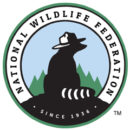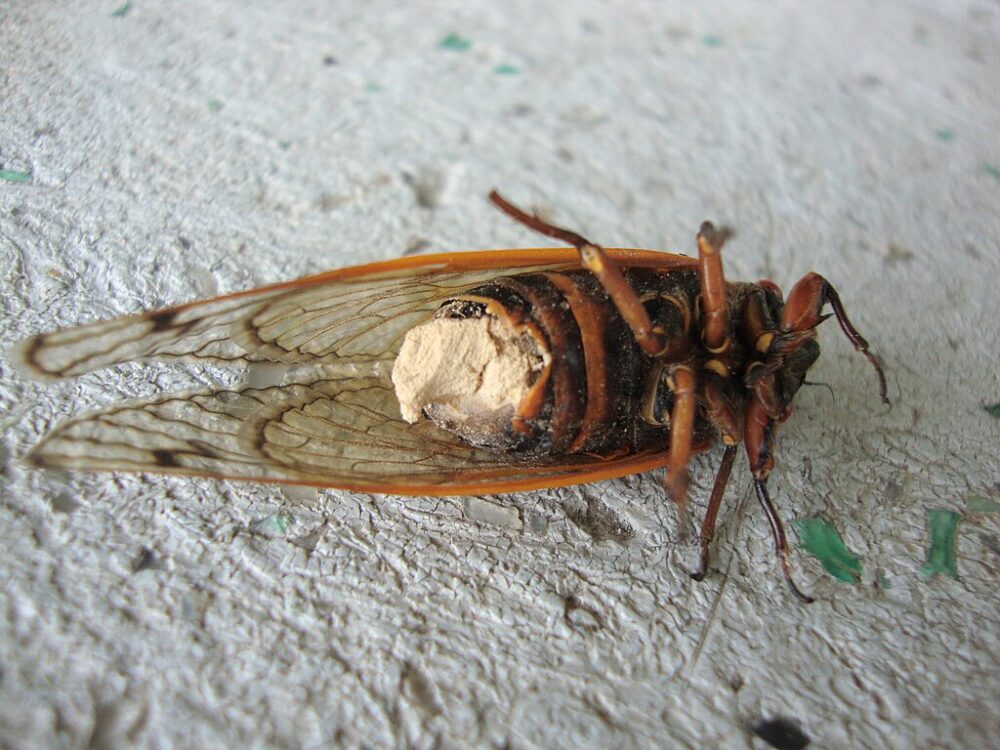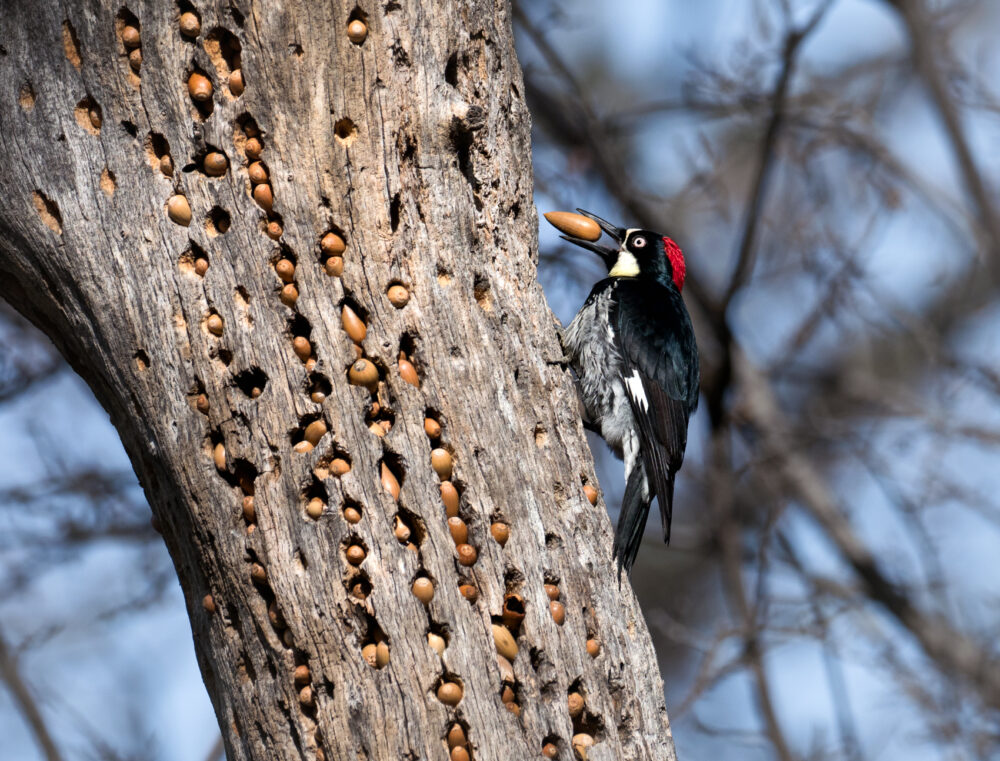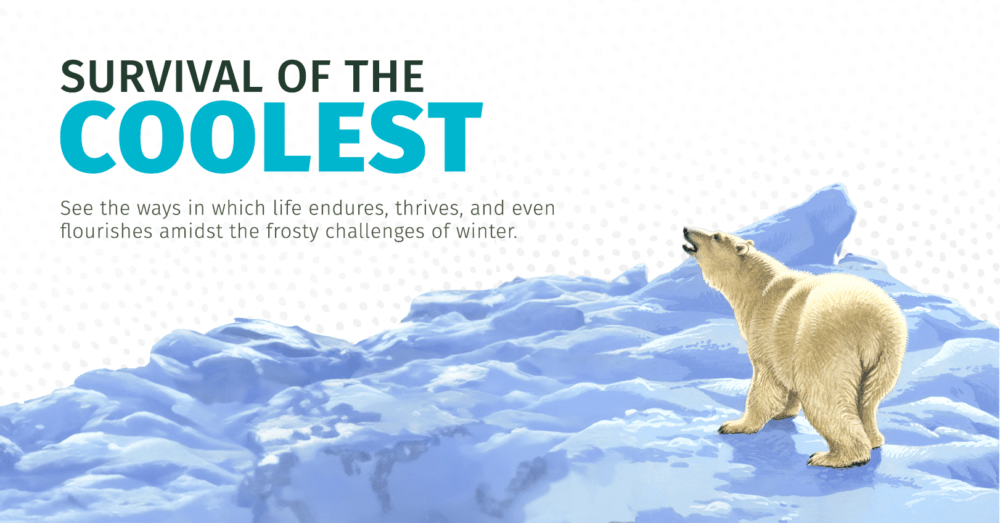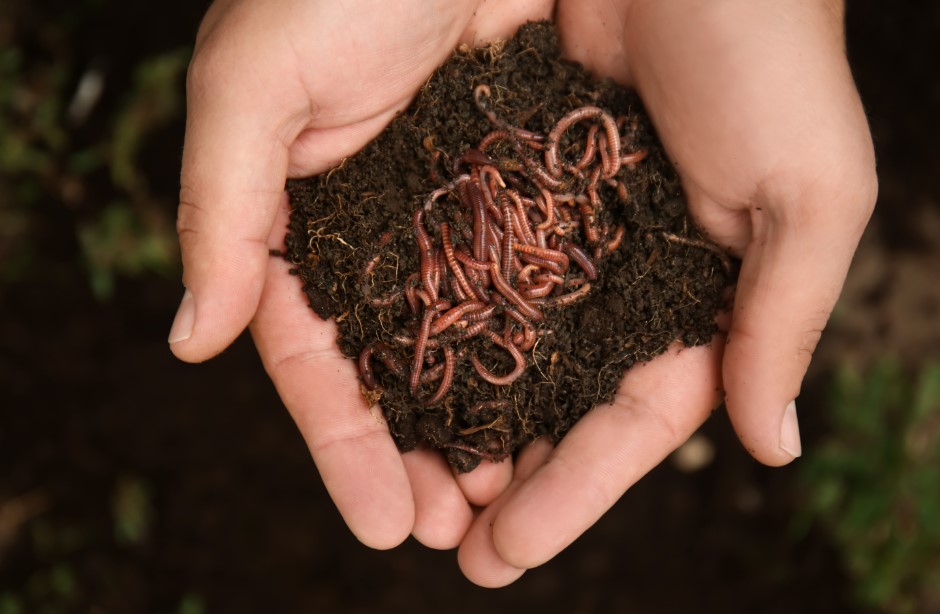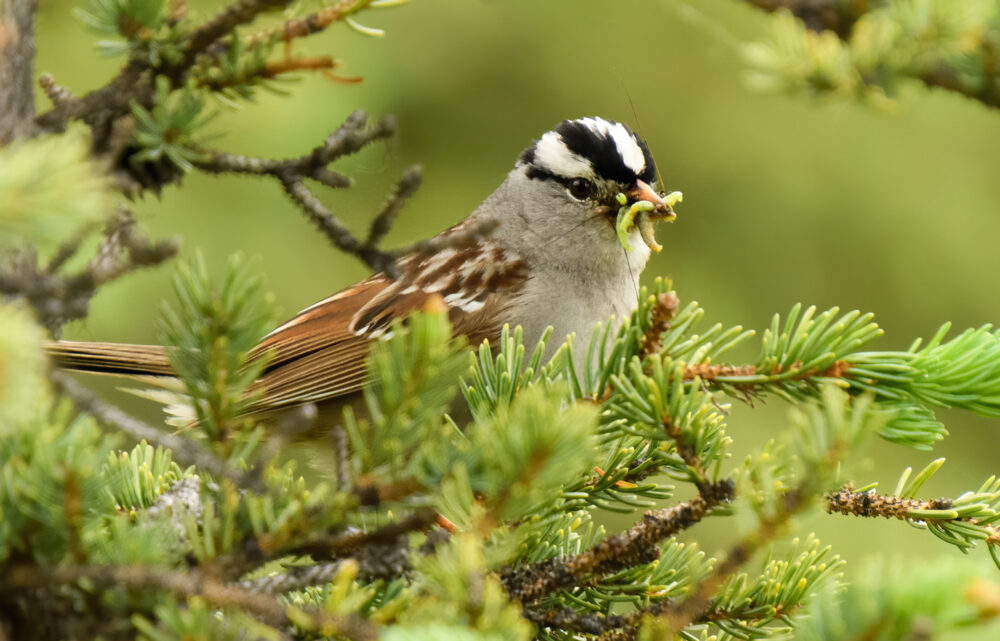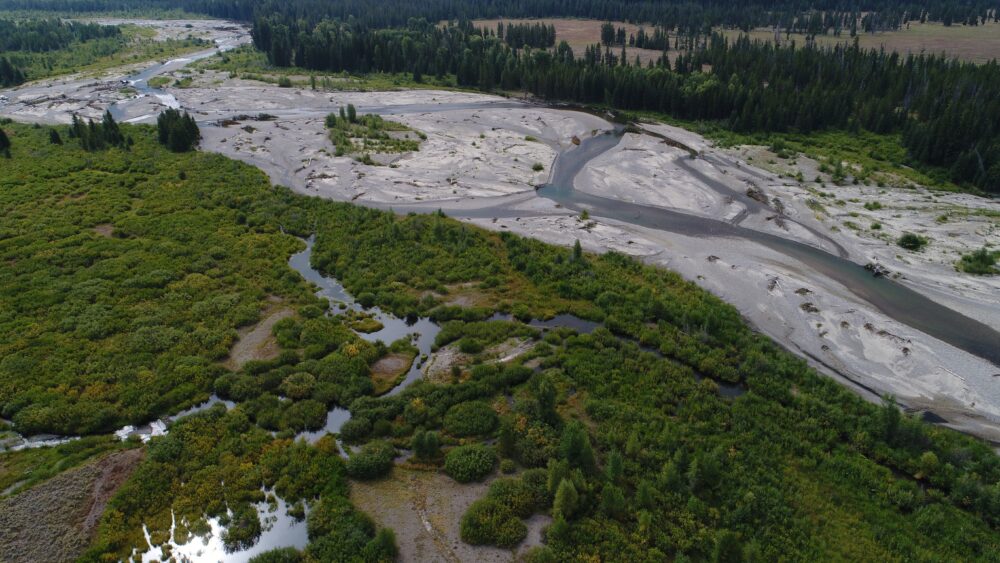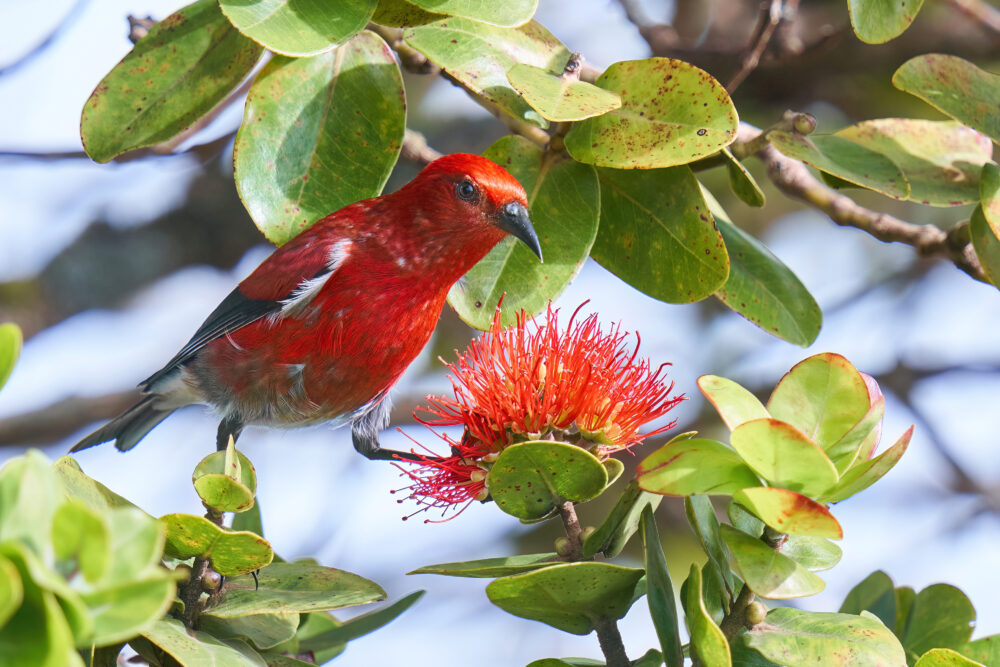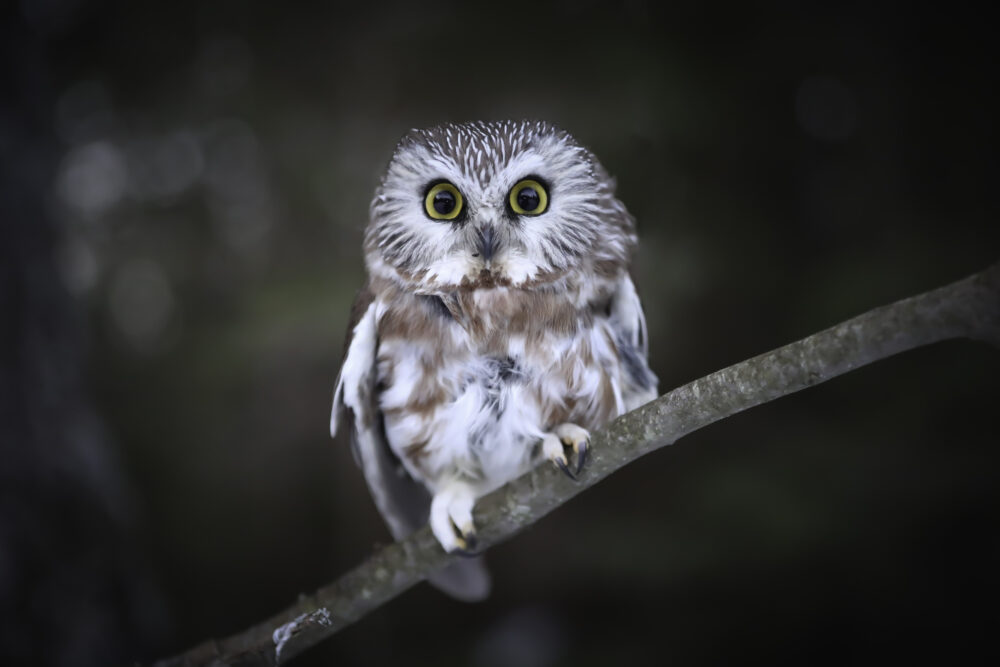We have much more to do and your continued support is needed now more than ever.
Road to the Final Fur: Round Four
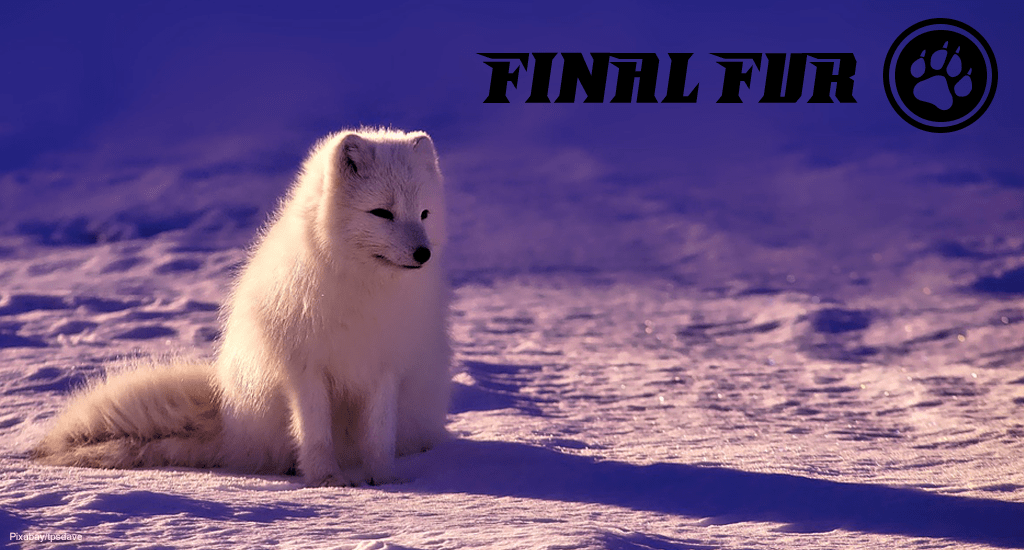
Whether you are a parent, an educator, a college student or lifelong lover of wildlife, you can always learn more through our vast education programs. Consider starting a campus project, building a new lesson plan for your classroom or pledging to create a habitat garden in your backyard. The remaining four species are counting on your support and your vote!
Vote NowRIVER OTTER
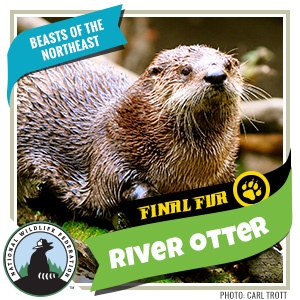 Ensuring that people and wildlife have the clean, safe water they need is a huge challenge, but it’s one that needs to be met – all life on earth, especially river otters, are dependent on it. Colleges and universities are uniquely suited to help meet that challenge. The National Wildlife Federation’s EcoLeaders program gives students new tools to help reduce their campus’ water footprint.
Ensuring that people and wildlife have the clean, safe water they need is a huge challenge, but it’s one that needs to be met – all life on earth, especially river otters, are dependent on it. Colleges and universities are uniquely suited to help meet that challenge. The National Wildlife Federation’s EcoLeaders program gives students new tools to help reduce their campus’ water footprint.
Gardeners can get into the action as well. Learn more about sustainable water practices and how to certify your garden for wildlife!
GREEN SEA TURTLE
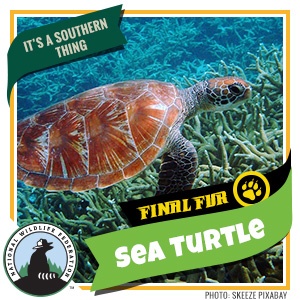 Adult green sea turtles are herbivores, who live mostly on seagrasses and algae. That’s not true of all sea turtle species, though. In fact, the massive leatherback sea turtle‘s favorite snack is jellyfish, but they have been known to swallow plastic bags by mistake. Polluted oceans don’t just look bad – they endanger sea life. College students who are part of the EcoLeaders program can launch a recycling campaign on campus to keep plastics and other trash out of our rivers and oceans. Sea turtles everywhere will appreciate it – all six species native to North America have been listed as either vulnerable or endangered! Get involved this year with these 5 ways to celebrate Endangered Species Day on May 19, 2017.
Adult green sea turtles are herbivores, who live mostly on seagrasses and algae. That’s not true of all sea turtle species, though. In fact, the massive leatherback sea turtle‘s favorite snack is jellyfish, but they have been known to swallow plastic bags by mistake. Polluted oceans don’t just look bad – they endanger sea life. College students who are part of the EcoLeaders program can launch a recycling campaign on campus to keep plastics and other trash out of our rivers and oceans. Sea turtles everywhere will appreciate it – all six species native to North America have been listed as either vulnerable or endangered! Get involved this year with these 5 ways to celebrate Endangered Species Day on May 19, 2017.
BALD EAGLE
 The bald eagle has been one of conservation’s greatest success stories, which means that today their population is quite healthy. So seeing one in the wild is as simple as packing up the tent and heading for one of these spots, where you can camp to see bald eagles. But don’t forget to take the pledge to camp before you go.
The bald eagle has been one of conservation’s greatest success stories, which means that today their population is quite healthy. So seeing one in the wild is as simple as packing up the tent and heading for one of these spots, where you can camp to see bald eagles. But don’t forget to take the pledge to camp before you go.
However, pesticides remain a threat to the recovery of the nation’s endangered plants and some predatory species, such as the bald eagle. Going chemical-free ensures that your garden is a healthy, safe place for wildlife. Learn how to certify a habitat project at your school. Or, you can take a more active approach. Green STEM activities like engineering, can help create prosthetic beaks for bald eagles!
ARCTIC FOX
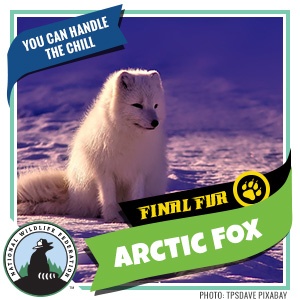 Help the arctic fox by confronting climate change head-on. EcoLeaders, you can help people unplug by launching campus energy campaigns dedicated to minimizing your school’s carbon footprint.
Help the arctic fox by confronting climate change head-on. EcoLeaders, you can help people unplug by launching campus energy campaigns dedicated to minimizing your school’s carbon footprint.
Younger students, you can get involved, too! Make an impact by choosing the climate change pathway when you register your school to be an Eco-School. And these lesson plans can teach K-8 students about life in the cold (and many other places).
And don’t forget to take the Cool School Challenge, which engages students and teachers with practical strategies to reduce carbon dioxide emissions!
But don’t forget to vote before rolling up your sleeves and getting to work!
Vote Now
